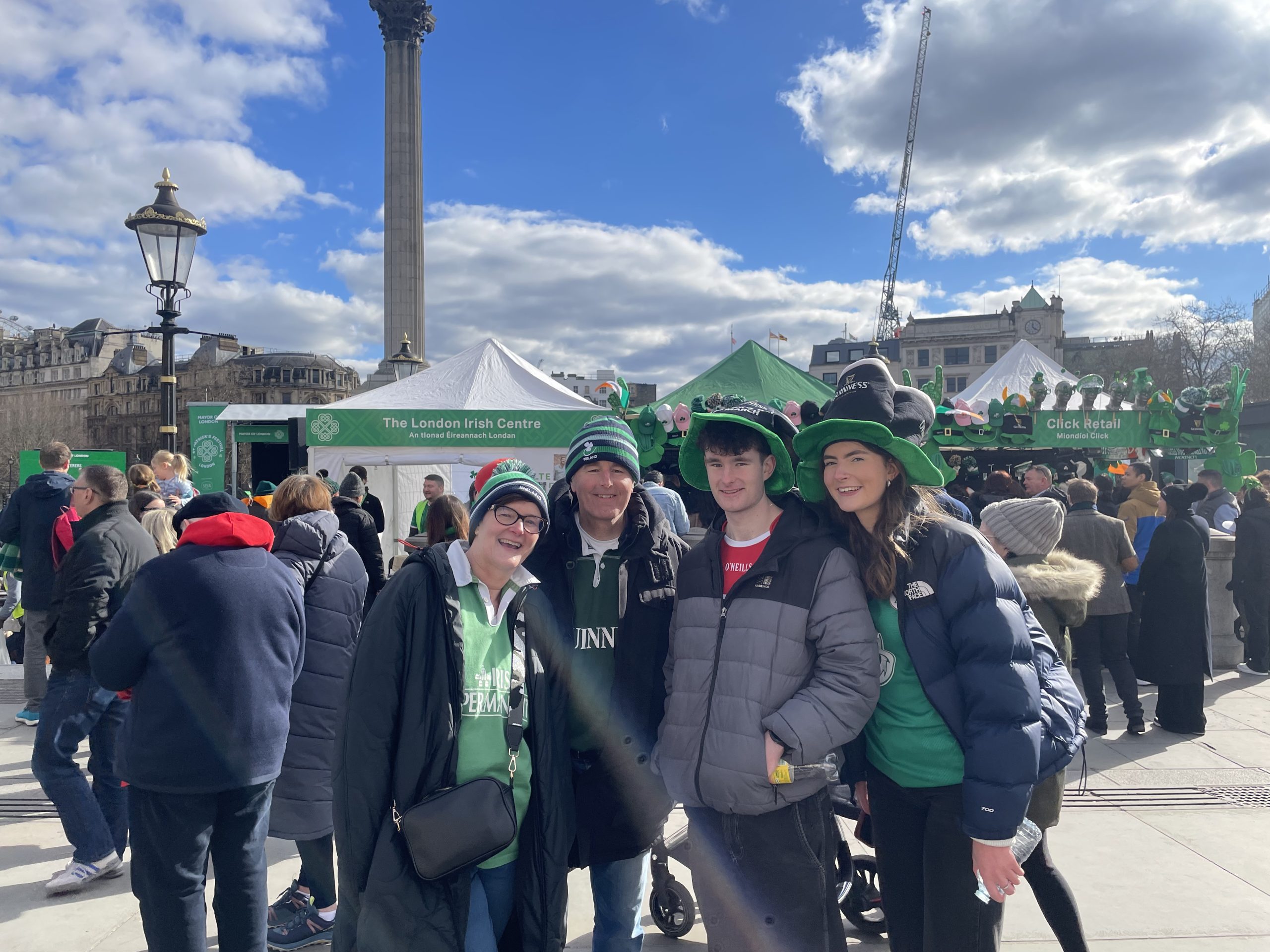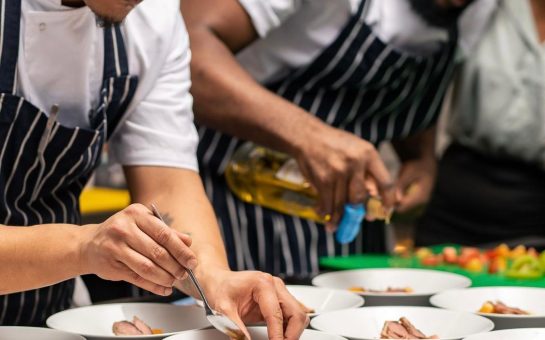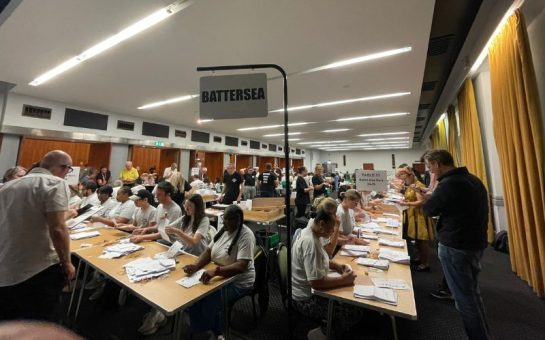By Ahmed Shooble
July 3 2020, 18.15.
Follow @SW_Londoner
During the holy month of Ramadan in 2019, my local imam made an appeal to the congregation after prayer.
He asked us to welcome new Muslims (reverts) into our homes as they often find it difficult to practice their new religion in unaccommodating households.
Reverts traditionally spend most of their early days as Muslims in mosques acclimating themselves with the religion and understanding first-hand what it means to be part of a Muslim community.
This is no different for other Muslims during the holy month, particularly as it is followed by Eid al-Fitr, or ‘the festival of breaking the fast’. Both are spiritual occasions where attendance to the mosque is paramount.
But Muslims were stripped of that connection to the mosque during this year’s Ramadan, as the coronavirus pandemic provoked an indefinite national lockdown and closure of places of worship.
So, the Muslim experience in the UK over the past few months has changed and, according to Mohamed Kozbar, chairman of the trustees at Finsbury Park Mosque in north London, Muslims have lost out socially as well as spiritually.
“It’s especially difficult for those who attend the mosque on a daily basis,” he said.
“Elderly people sometimes don’t have anywhere else to go apart from the mosque to socialise or have study circles.”
Raza Ahmed, imam at Baitus Subhan Mosque in south London, admitted he was initially stunned by the impact on his mosque but has remained positive since with the belief there is always something to be learnt from trying times.
Ahmed said: “I had never been in a situation where the mosque was closed by law like this.
“But I am the one, as a Muslim but especially as an imam, who is supposed to give hope and refresh people’s faith. So, if I sit here and think ‘Oh no, this is so sad’, it’s not going to help.”
Without that familiarity with the mosque during such a spiritual time, Ahmed found himself inundated with requests from Muslims in his community for advice and instructions on many religious matters.
But until recently, this flurry of requests has stopped – signalling a self-reliance among Muslims in acquiring knowledge, something which Ahmed believes is a necessary part of the Muslim experience, particularly in isolation.
“The Prophet Muhammed (PBUH) said the whole world is a mosque,” Ahmed said.
“So many people in my community have built mosques in their own homes and have now learnt how to lead prayers.
“They’ve become imams in their own homes. So many of them never even thought about leading the Friday prayer and now they’re all delivering sermons.
“Yes, people are anxiously waiting to come back to the mosque, but I think this lockdown has taught us something that in normal days we would not have learnt.”
Kozbar recognised the communal position faith organisations occupy in their local areas saying, “we’re not just a mosque, we are a community centre so we have a responsibility to help our community, Muslim or not.”
Finsbury Park Mosque has distributed food to Wellington Hospital for staff and patients as well as personal protective equipment (PPE) to hospitals across London.
They also sought to address the issue of food accessibility among the elderly who were unable to leave their homes at the height of the pandemic, putting out a helpline with volunteers distributing supplies to those in need.
In addition to the physical, the mosque has made efforts to help people mentally, offering a 24-hour helpline for counselling to discuss mental health, domestic violence or any other issues.
The mosque has also run virtual initiatives by providing online study circles and lectures during Ramadan to make good what Muslims lost out on without access to a place of worship.
Our next phase after distributing PPE to hospitals, food parcels are ready to be distributed to the vulnerable people and those who are self isolating and facing difficulties leaving their house to buy food during this challenging time. pic.twitter.com/enHWqT6nWQ
— Finsbury Park Mosque (@FPMosque) May 2, 2020
Kozbar felt these developments could leave a positive legacy in the community despite the circumstances and he spoke with optimism when telling me about the shape of Muslim communities moving forward.
“We’re trying to communicate with our community in a different way. It’s not easy but I’m sure after we re-open the mosques this will continue because people have found it very beneficial,” he said.
But while mosques across the country have had to endure a hiatus in their normal activities, Islam Wise, a charity dedicated to supporting reverts globally, has been in demand now more than ever.
“For us, it’s kind of been business as usual,” Waqas Ali, the charity’s lead said.
“We’ve still been helping new Muslims during this time so there certainly hasn’t been a decrease in our activity. In fact, I’d say there’s been an increase of non-Muslims approaching us.”
Ali was surprised at the efficiency which Islam Wise’s resources were uploaded online as it meant the support was available as soon as it needed to be.
The charity has hosted several webinars and weekly Q&A sessions as well as one-to-one online Quran classes, beginners’ Arabic classes and mentoring training programmes.
Ali links this boost in activity to people realising the fragility of human existence, spurring them to find a spiritual purpose. Many of those who approached the charity already knew the fundamental aspects of the religion and were ready to convert. The hesitation had gone.
Ali said: “Just in the past week, I’ve had three non-Muslims contact me ready to convert and that is quite a lot. Normally, we might get one person coming forward a week.
“My initial concern was that people were converting in despair but these are people who had learnt the religion, understood it and acted upon it.”
After speaking to these gentlemen, it became abundantly clear to me that the recurring theme was certainty. Certainty in their faith. Certainty in their communities. Certainty in the future.
Both Kozbar and Ahmed were certain of something: Muslim communities can and will come out of this period of uncertainty with more spiritual strength than once thought.




